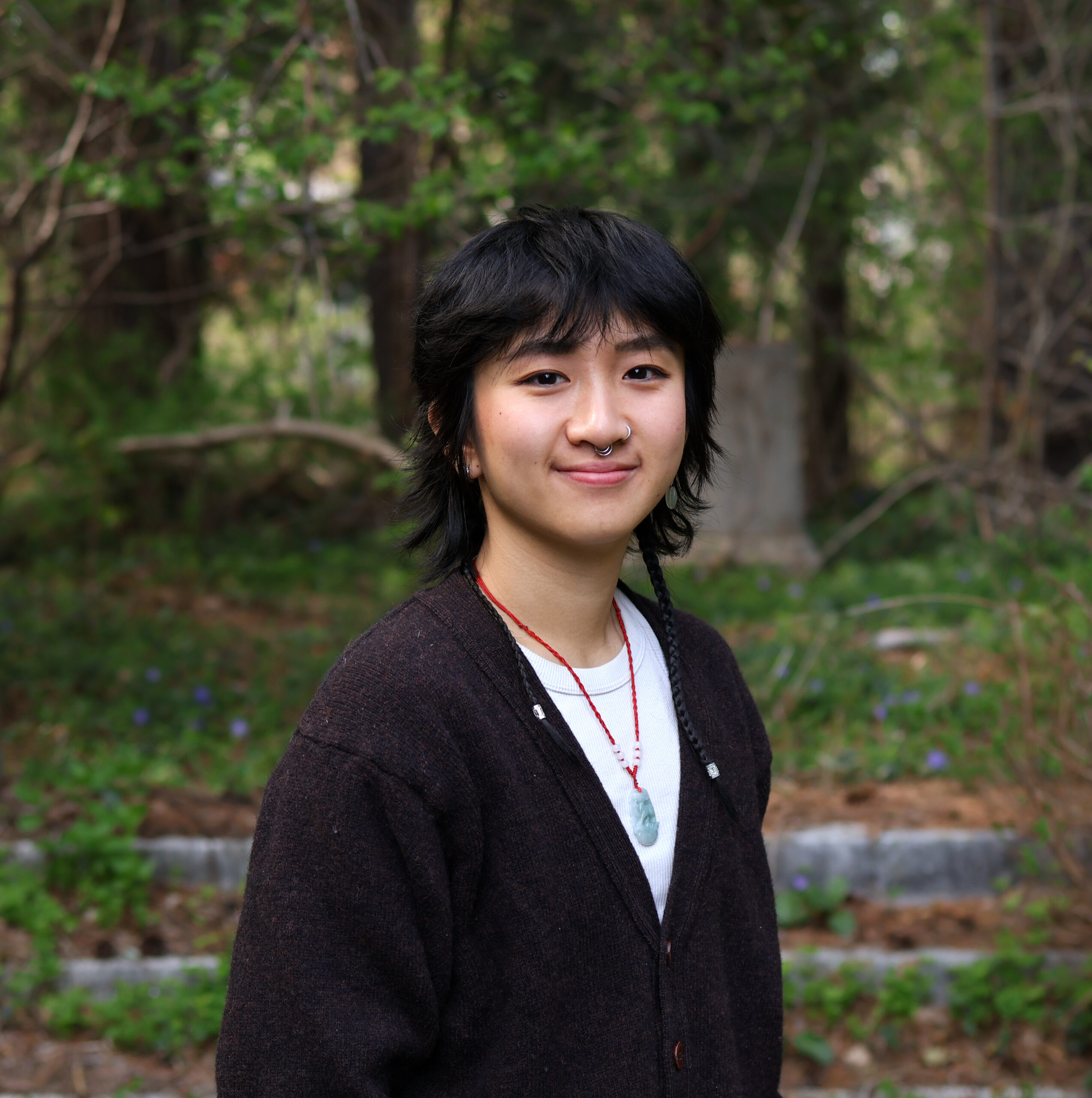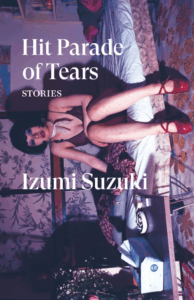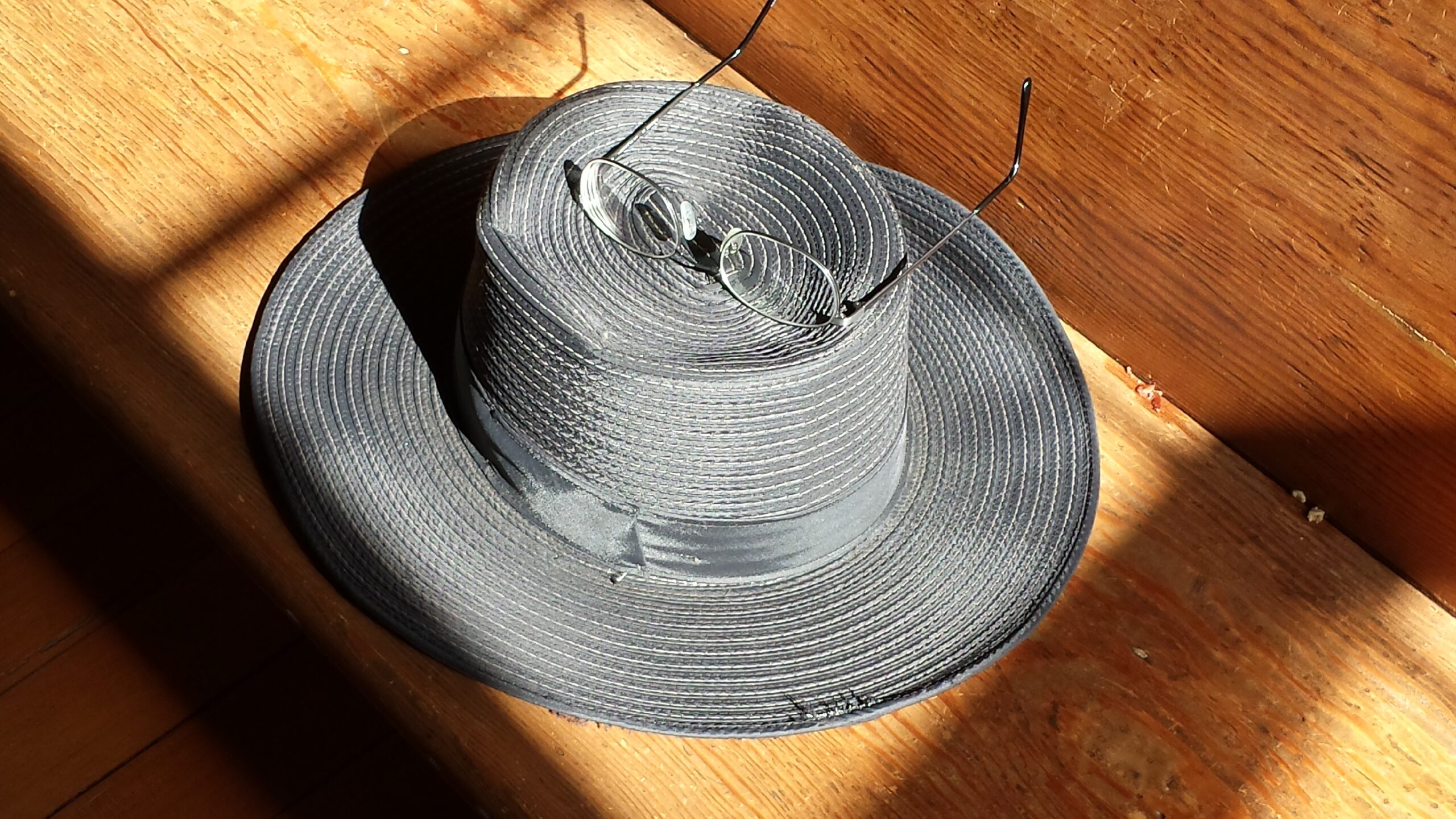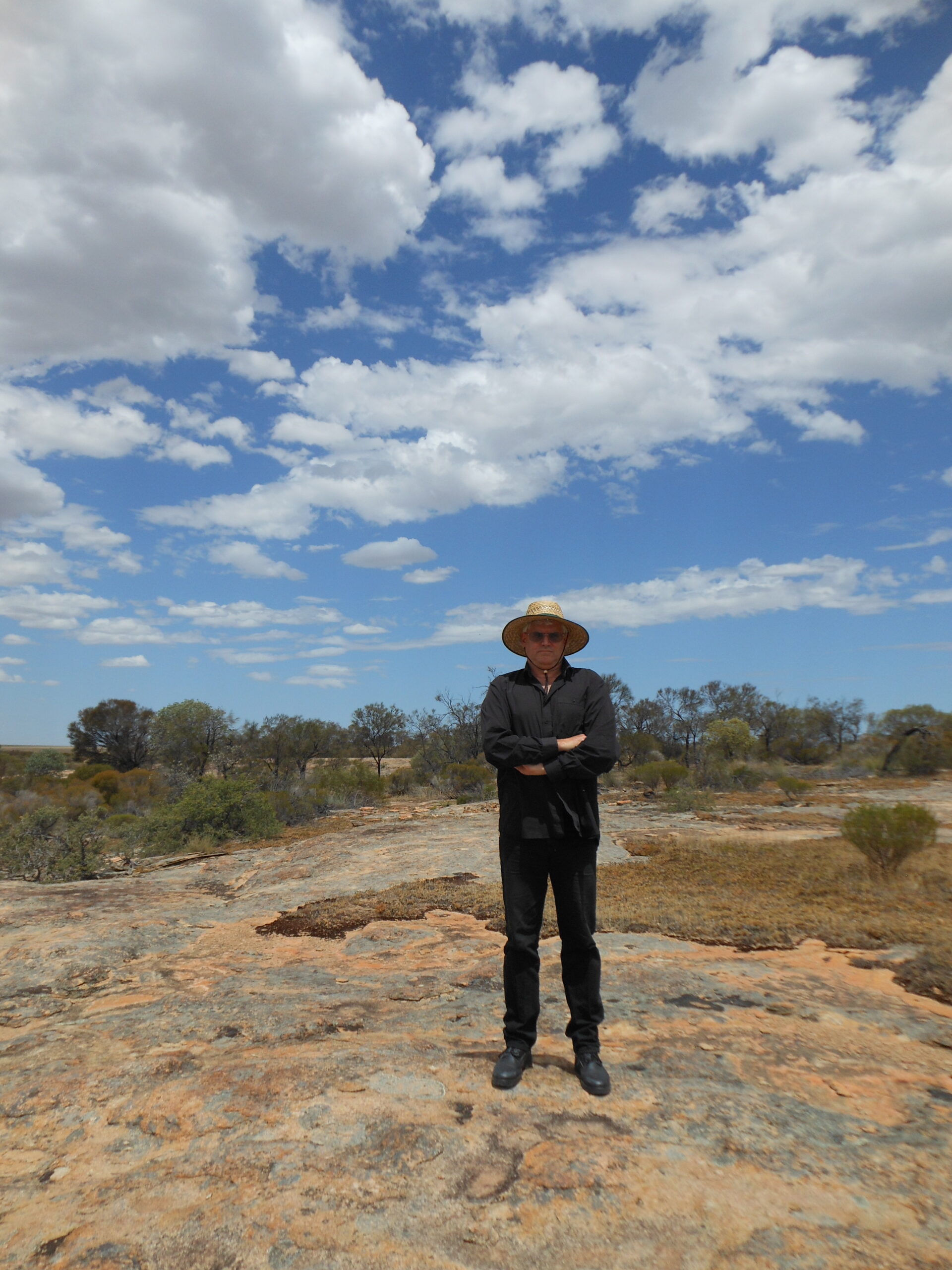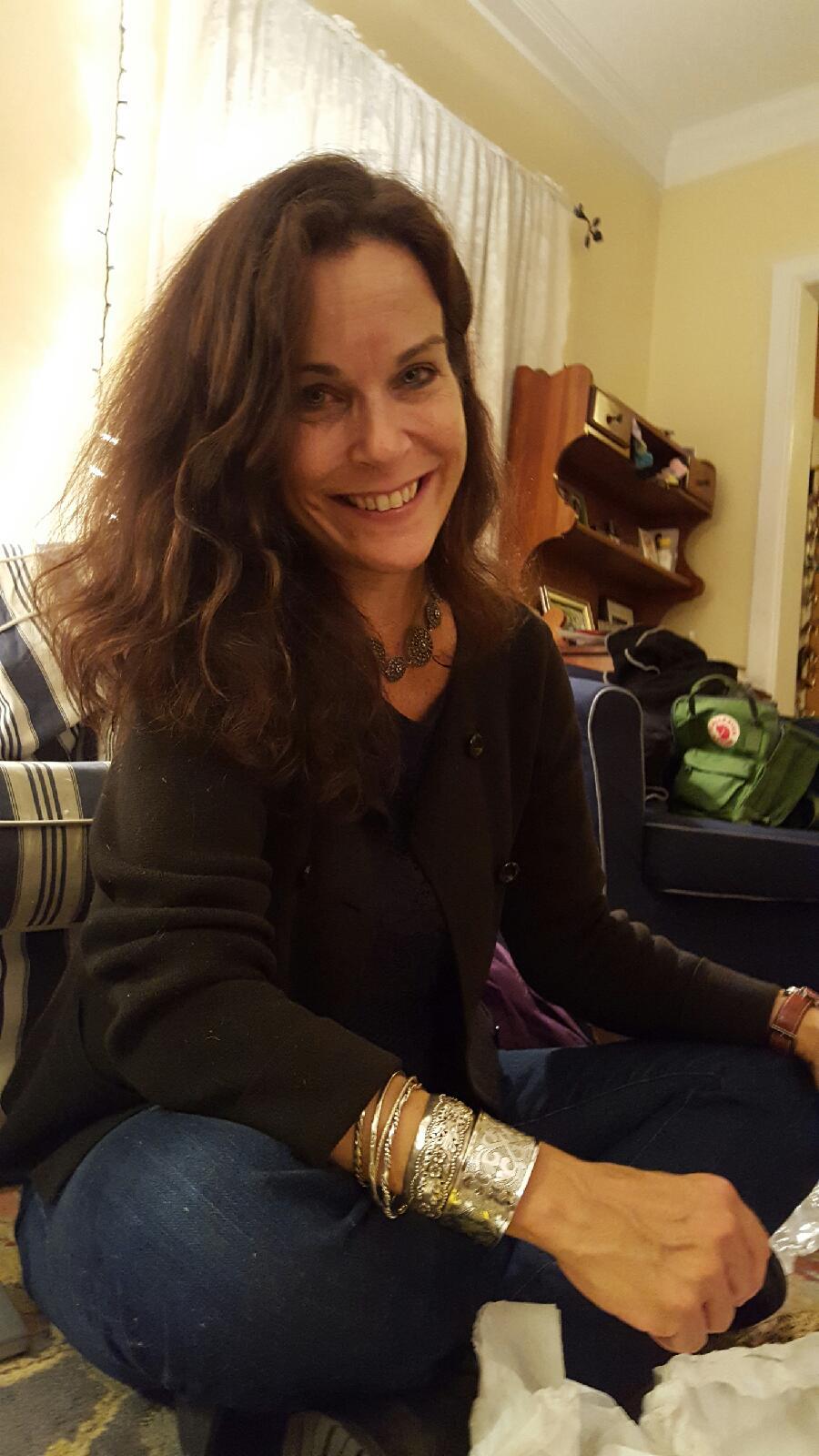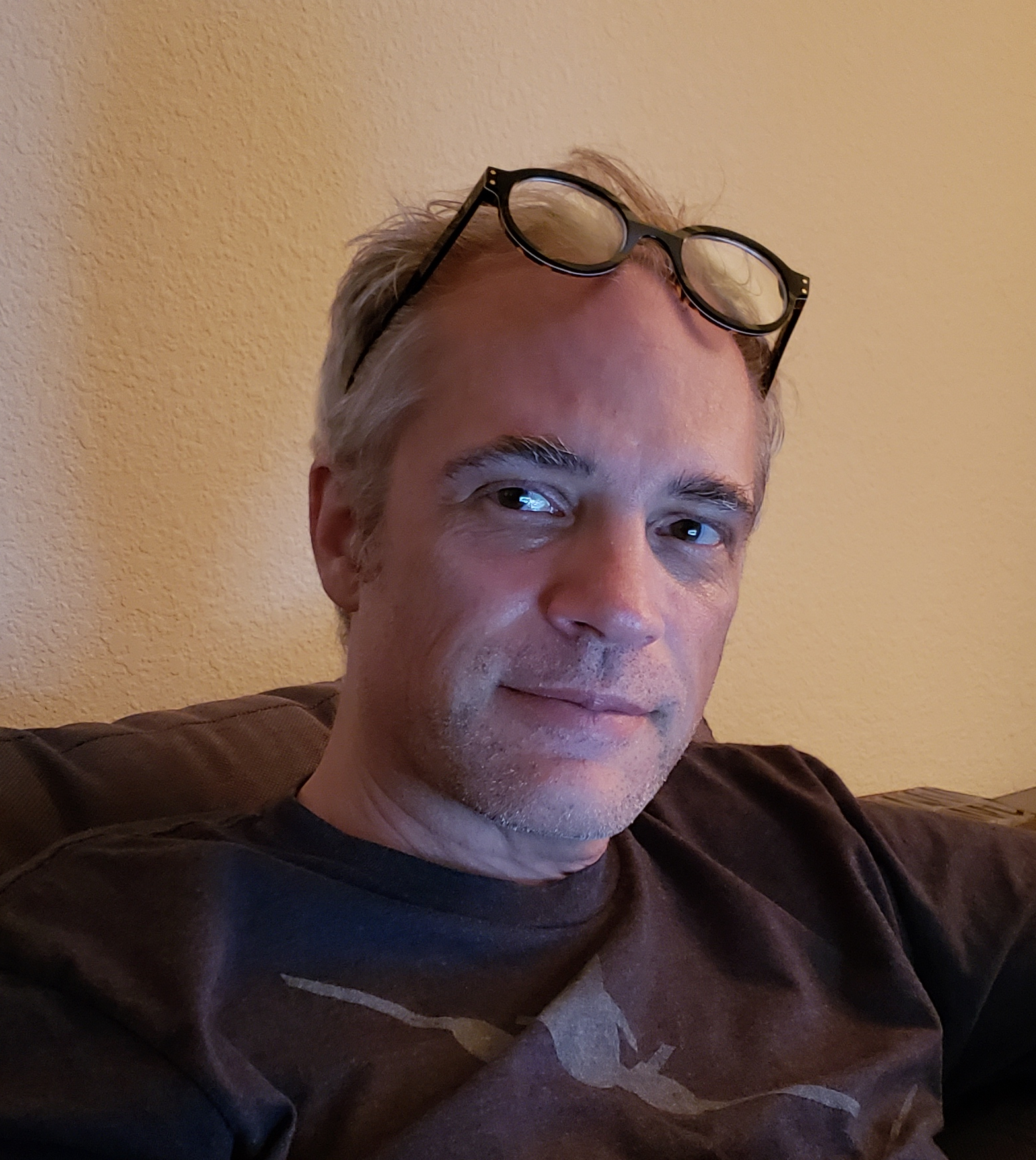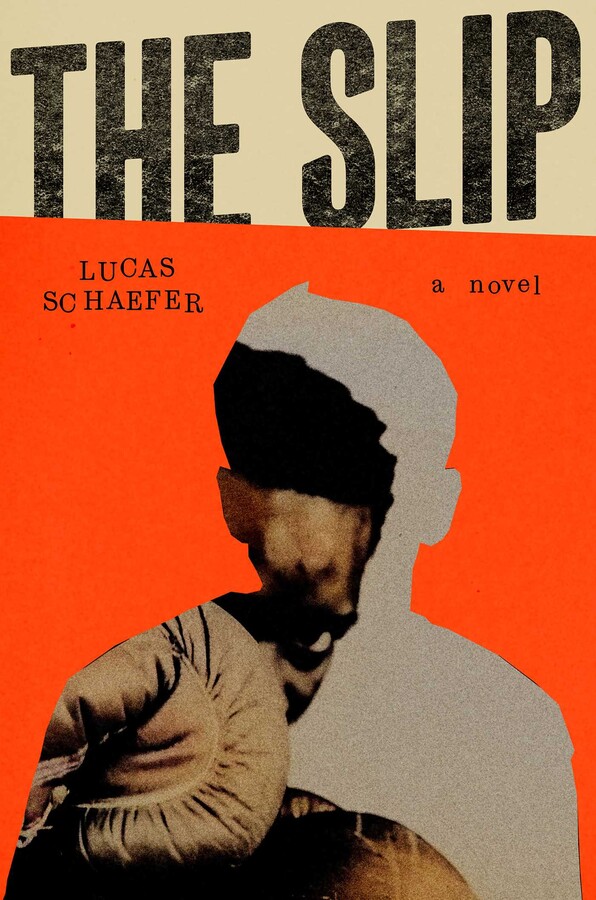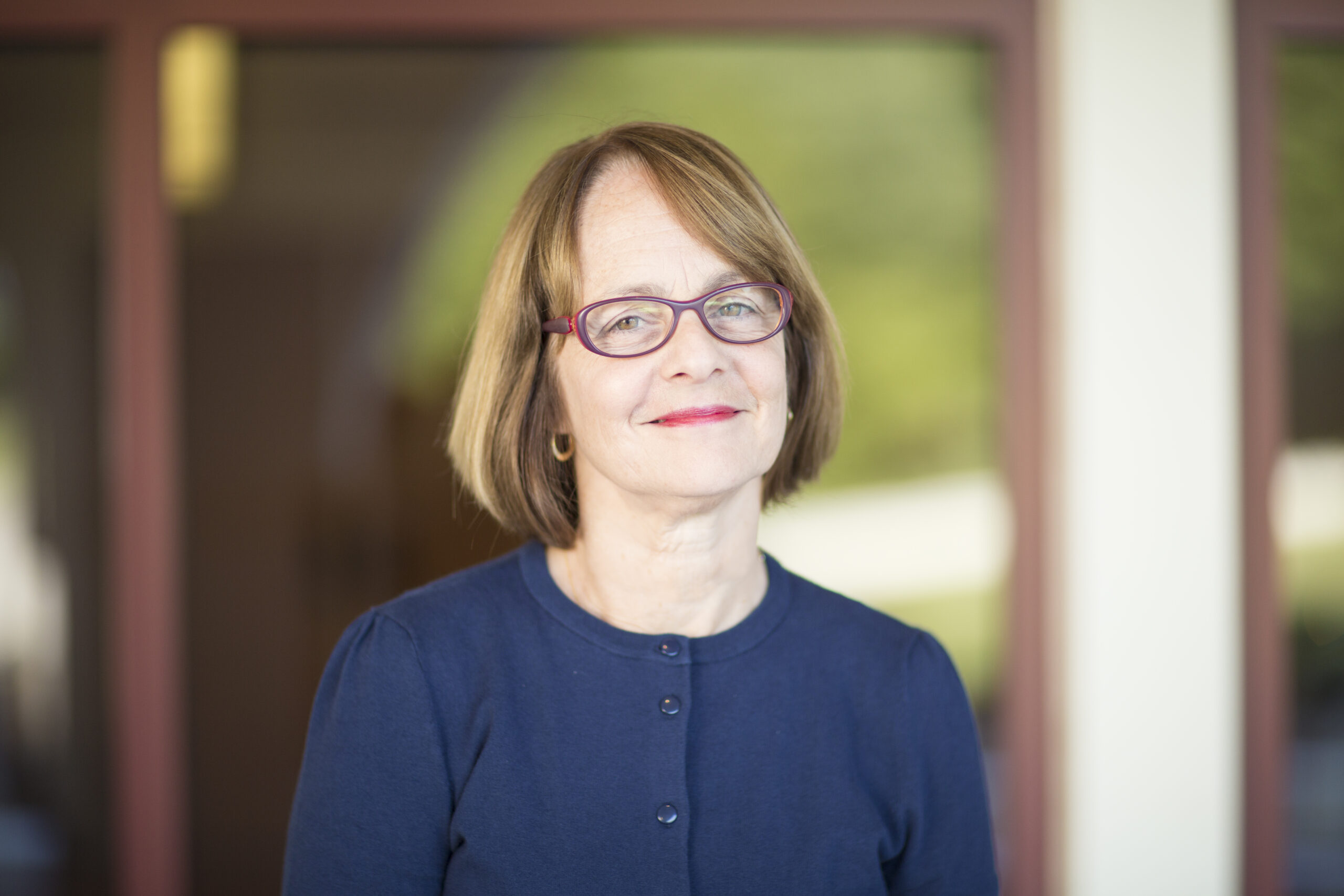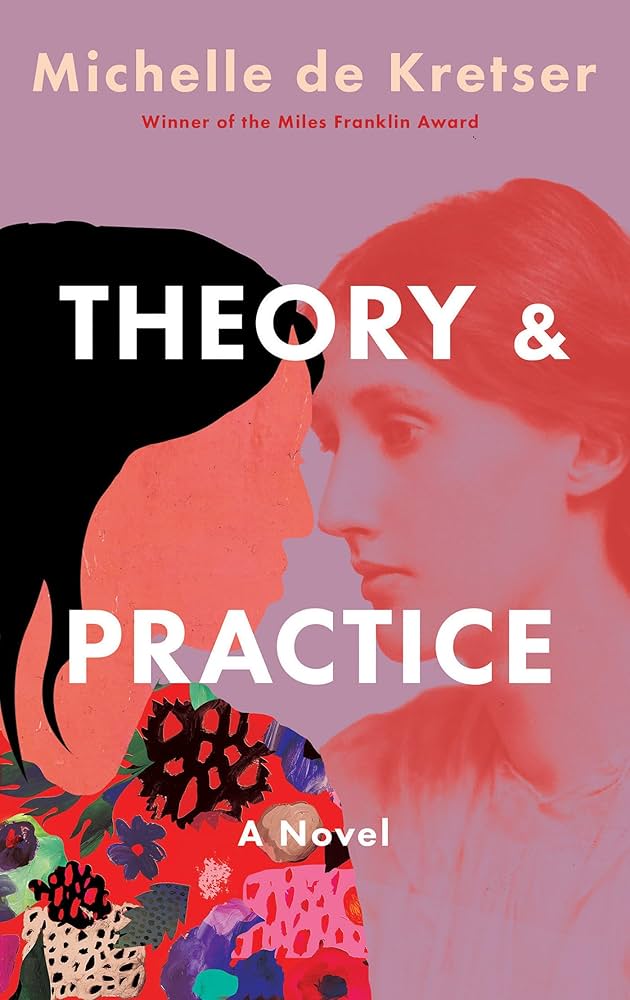(Amherst, Mass. July 10, 2025)—Award-winning, international literary journal The Common has announced Kei Lim ’25 as its sixth Literary Editorial Fellow. The fellowship launched in 2020 with support from the Whiting Foundation and is sustained by the generosity of Amherst College alumni donors.
The Literary Editorial Fellowship (LEF) was introduced with three goals in mind: to strengthen the bridge between The Common’s existing Literary Publishing Internship (LPI) for undergraduates and the professional publishing world; to provide real-world literary experience for an Amherst graduate, transferable to a wide range of fields; and to increase the capacity of The Common’s publishing and programming operations.
